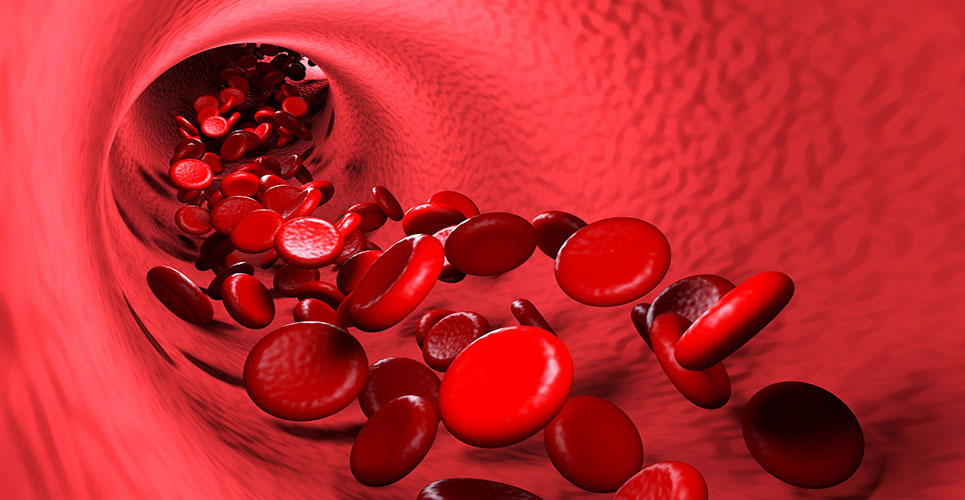teaser
The antiplatelet drug clopidogrel reduced the frequency of early blood clot formation in new surgically enlarged blood vessels (fistulas) created for patients requiring dialysis, but did not increase the proportion of these fistulas that subsequently became suitable for use during dialysis, according to a study in the 14 May issue of JAMA.
The arteriovenous fistula is preferred over other types of haemodialysis vascular access such as synthetic arteriovenous grafts because of lower rates of blood clot formation (thrombosis) and infection as well as reduced access-related and total healthcare expenditures.
Offsetting these advantages is the substantially higher proportion of fistulas than grafts that are never able to be used for dialysis because of failure to mature adequately to support effective haemodialysis, according to background information in the article.
Some small trials have suggested that antiplatelet drugs may reduce thrombosis of new fistulas.

Researchers performed a multicenter, randomised, placebo-controlled trial to determine whether clopidogrel reduces early failure of haemodialysis fistulas. The study included 877 participants with end-stage renal disease or advanced chronic kidney disease who underwent surgical creation of a fistula. Participants were randomly assigned to receive clopidogrel or placebo for six weeks starting within one day after fistula creation.
The researchers found that participants in the clopidogrel group had a 37% lower risk of fistula thrombosis at six weeks compared to participants in the placebo group. Among the 866 participants who had fistula patency (lack of obstruction) assessed, 53 participants in the clopidogrel group experienced fistula thrombosis, compared to 84 participants in the placebo group.
However, among the 86% percent of fistulas assessed for suitability for use during dialysis, the percentage with suitability failure was high and did not differ between the clopidogrel group and the placebo group (61.8% versus 59.5%).

